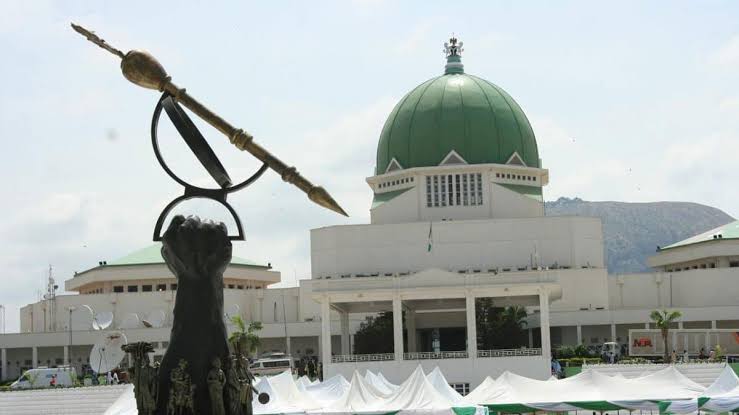The National Assembly is preparing to raise the proposed ₦47.94 trillion budget for 2025 following appeals for additional funding from numerous Ministries, Departments, and Agencies (MDAs) during budget defence sessions.
Lawmakers have expressed dissatisfaction with the allocations provided by the Presidency, arguing that many critical sectors remain underfunded.
Over the past week, the National Assembly has seen an influx of ministers and agency heads voicing concerns about inadequate funding to meet their objectives.
On January 9, the Minister of Environment, Abbas Balarabe Lawal, requested an increased budget for his ministry, which had been allocated ₦64.25 billion.
Additional funds were sought for agencies under the ministry, including the National Park Service, the Environmental Health Council of Nigeria (EHCON), and the National Oil Spill Detection and Response Agency (NOSDRA). The ministry’s Permanent Secretary, Mahmud Kambari, described funding as a persistent challenge.
Ibrahim Goni, the Conservator-General of the National Park Service, requested ₦5.01 billion to address insecurity and illegal mining, while Zacharia Yaduma, Director-General of the Forest Research Institute of Nigeria (FRIN), highlighted delays in fund disbursement and asked for increased allocations.
The Ministry of Defence also highlighted funding inadequacies, with Minister of State for Defence, Dr. Bello Matawalle, seeking an additional ₦20 billion to support the families of fallen soldiers.
He stressed that the ministry’s current allocation of ₦50.44 billion was insufficient to meet the country’s security needs.
The House Committee on Defence supported his appeal, with Deputy House Spokesperson Hon. Philip Agbese praising military efforts and emphasizing the need for greater financial support.
Other MDAs presented similar requests. Acting Comptroller-General of the Nigerian Correctional Service, Sylvester Nwakuche, proposed increasing its capital budget from ₦13.4 billion to ₦70.4 billion to enhance security technology and infrastructure.
Similarly, the Independent National Electoral Commission (INEC) deemed its ₦40 billion allocation inadequate, proposing ₦126 billion to cover election expenses. INEC Chairman, Prof.
Mahmood Yakubu, highlighted the financial strain associated with conducting elections in Nigeria.
The newly established Federal Ministry of Livestock Development called its ₦20.8 billion budget insufficient, prompting lawmakers to suggest a supplementary proposal.
Additionally, the Ministry of Information and National Orientation criticized its ₦8.7 billion allocation as inadequate for effective public information campaigns.
Meanwhile, the House Committee on Foreign Affairs condemned the ₦286 million earmarked for Nigeria’s 109 diplomatic missions as grossly inadequate.
Committee Chairman Hon. Wole Oke criticized the government’s envelope budgeting system, calling it legally unsupported and impractical for addressing the needs of foreign missions.
A senior member of the House Committee on Appropriations confirmed that the National Assembly has the constitutional power to revise the budget, indicating that an upward adjustment is imminent.
The lawmaker noted that the funding requests presented during the defence sessions were considered legitimate and necessary.
Reports from various committees are expected to inform adjustments to the proposed budget, reflecting the financial needs highlighted by MDAs. Official responses from House leaders were pending at the time of this report.
